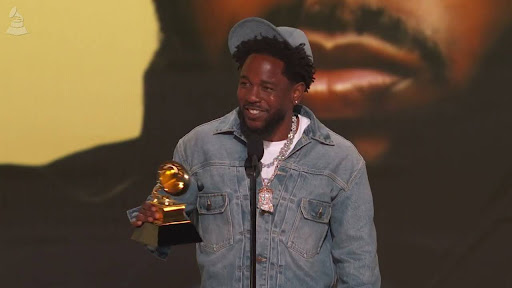
Betty Cartledge, an 81-year-old woman, voted for the first time in Georgia on Oct. 16.
She said that she and her husband had never voted, and she did not even think about it until after he passed away and the cost of living went up. Cartledge is unable to read or write and needed help reading the candidates’ names, but she said afterward:
“If I’m here next year, four years from now, I will be back.”
Since 2020, there has been an extreme amount of distrust in elections, mostly due to the rhetoric that Democrats “stole” the election. This is coupled with Hillary Clinton’s loss in the 2016 election, despite winning the popular vote.
With this election, especially if you are from New York or New Jersey, you might decide not to hit the polls. These two states are both highly democratic and what’s one vote going to do anyway?
Your vote will do a lot.
Let’s remember exactly who you’re voting for and what the election process consists of.
Each state gets an elector from the Electoral College for every one member of the House of Representatives and two members from the Senate — the elector votes for whoever their state wants to win the election.
We can expect New York and New Jersey to vote blue this election, but only because it is what the majority of voters want. The vote still counts, even if you are not voting for the president directly, especially with the amount of electoral votes each state has. New York counts for 28 votes and New Jersey accounts for 14, much higher than many other states.
When you enter the poll booth or receive your ballot via mail, it will not just be the presidential candidates’ names on the ballot. Remember that some of you are also voting for your senators.
Right now, Democrats have the majority in the Senate, but only because of Vice President Harris being the tiebreaker. Every two years, one-third of senators are up for reelection, this year one of them is from New Jersey. Democrats have a slim majority, and it is imperative to vote for the senators and the vice president that you want to represent you in the chamber.
It’s discouraging to see so much happening in our country and around the world and feel helpless to stop it. It’s difficult to find such a shifting perspective of the two parties and how they are forming so strongly against one another. Many people’s response to this is paralyzation and the lack of initiative to vote.
Betty Cartledge lives in a swing state and she did not have the resources or support to allow her to vote in her 81 years. This month, she voted.
There is an immense amount of privilege that comes with deciding not to vote because it is deciding that these issues do not matter to you. Betty voted because the cost of living was unaffordable and she was able to get help from her niece to hit the polls when she could not previously.
There are issues that matter to us as college students in the world that we want to enter into in the coming years. PBS writes that the economy, preserving democracy, abortion rights and immigration are key factors in voting for this election. These things affect us now and will affect us even more when we enter the workforce.
Vote. Vote for yourself, vote for your future and vote in the place of the people, like Betty, who have been unable to. Your vote matters and all signs point to it playing a role in the Senate and the presidency.









